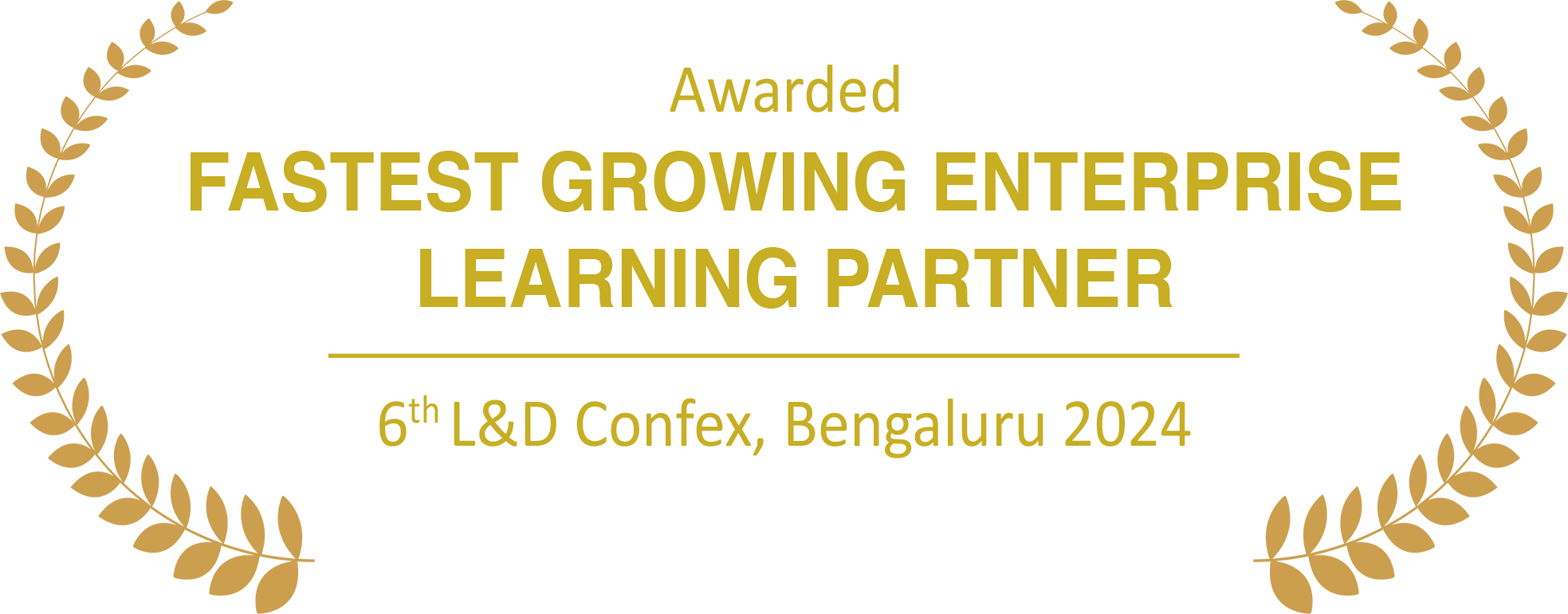
Overview
This course provides an in-depth understanding of Adaptive AUTOSAR integration, focusing on the architecture, methodology, and practical implementation. Participants will learn about key components like Execution Management, Communication Management, and SOME/IP communication. Through hands-on exercises, participants will gain experience in building and deploying Adaptive AUTOSAR applications, working with AUTOSAR Manifests, and implementing security and diagnostics mechanisms.

Objectives
By the end of this course, leaner will be able to:
-
Understand the Adaptive AUTOSAR architecture and its applications
-
Apply Adaptive AUTOSAR methodology for software integration
-
Develop and deploy Adaptive AUTOSAR applications
-
Configure and manage application processes using Execution Management
-
Implement SOME/IP communication for inter-process communication
-
Utilize Communication Management for service discovery and configuration
-
Create and manage AUTOSAR Manifests for application deployment
-
Implement security mechanisms for Adaptive AUTOSAR applications
-
Perform diagnostics management for fault detection and reporting
-
Manage software updates using Update and Configuration Management (UCM)

Prerequisites
-
Modern C++
-
Basics of AUTOSAR

Course Outline
-
Adaptive AUTOSAR architecture and concepts
-
Comparison with Classic AUTOSAR
-
Use cases in automotive applications
-
Development environment setup for Adaptive AUTOSAR
-
Service-Oriented Architecture (SOA) concepts
-
Application design and modeling
-
Understanding the software development lifecycle
-
Practical exercise: Design a simple Adaptive AUTOSAR application
-
Application structure and manifest files
-
Managing processes and threads
-
Inter-process communication mechanisms
-
Practical exercise: Develop and deploy a basic application
-
Process lifecycle management
-
Resource allocation and management
-
Health monitoring and error handling
-
Practical exercise: Manage processes using Execution Management
-
Overview of SOME/IP communication protocol
-
Service discovery and client-server communication
-
Implementing SOME/IP clients and servers
-
Practical exercise: Establish SOME/IP-based communication
-
Communication Management architecture and functions
-
Service discovery and configuration management
-
Network configuration and QoS management
-
Practical exercise: Configure Communication Management for service discovery
-
Structure and components of the AUTOSAR Manifest
-
Defining application dependencies and requirements
-
Manifest validation and deployment
-
Practical exercise: Create and validate an AUTOSAR Manifest
-
Persistency module for data storage and management
-
Diagnostics Management for fault detection and troubleshooting
-
Diagnostic communication protocols
-
Practical exercise: Implement diagnostic fault reporting
-
Security concepts and implementation in Adaptive AUTOSAR
-
Authentication, authorization, and data protection
-
Update and Configuration Management (UCM) for software updates
-
Practical exercise: Implement security features in Adaptive AUTOSAR applications

 Projects
Projects Assignments
Assignments






